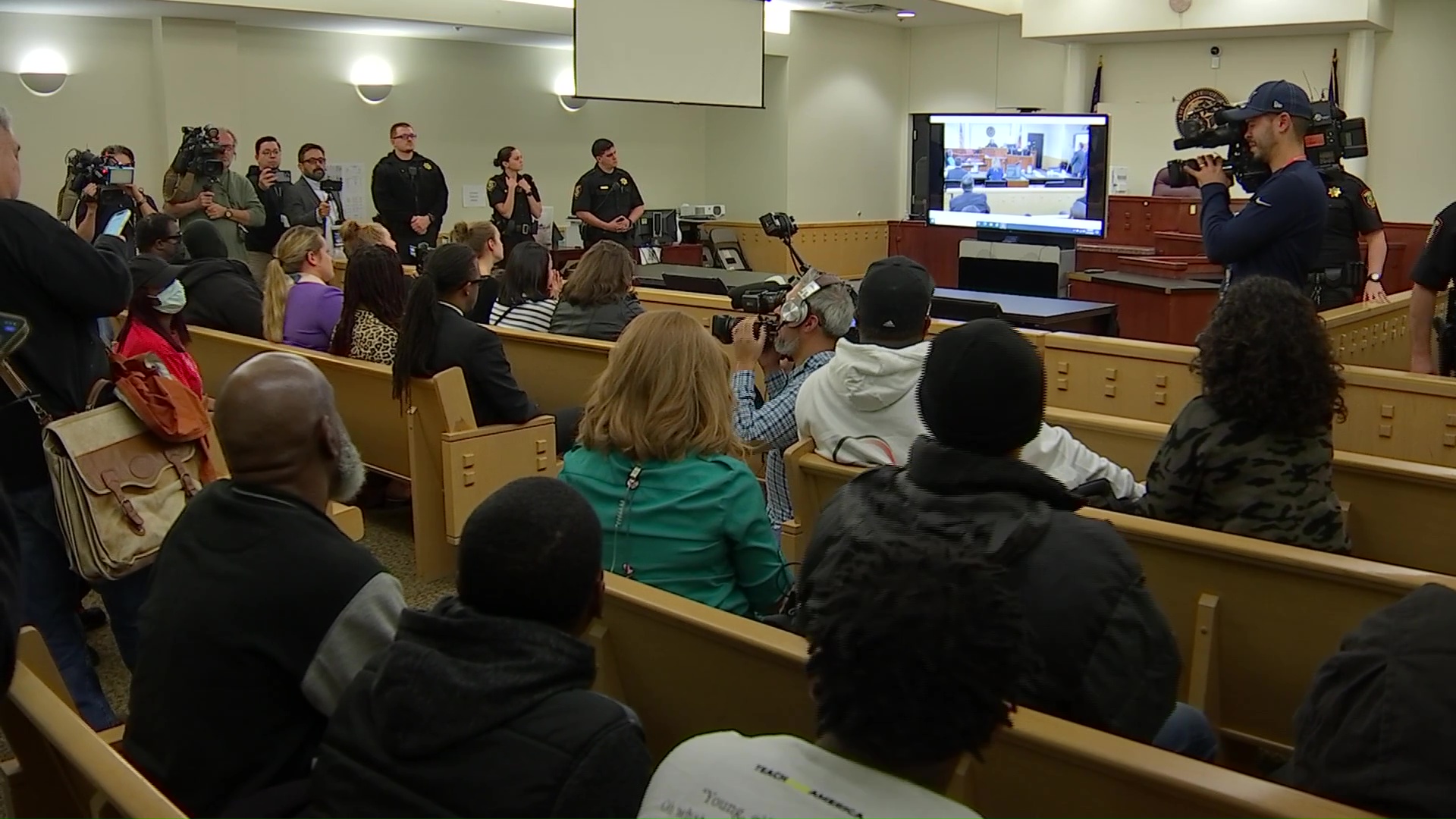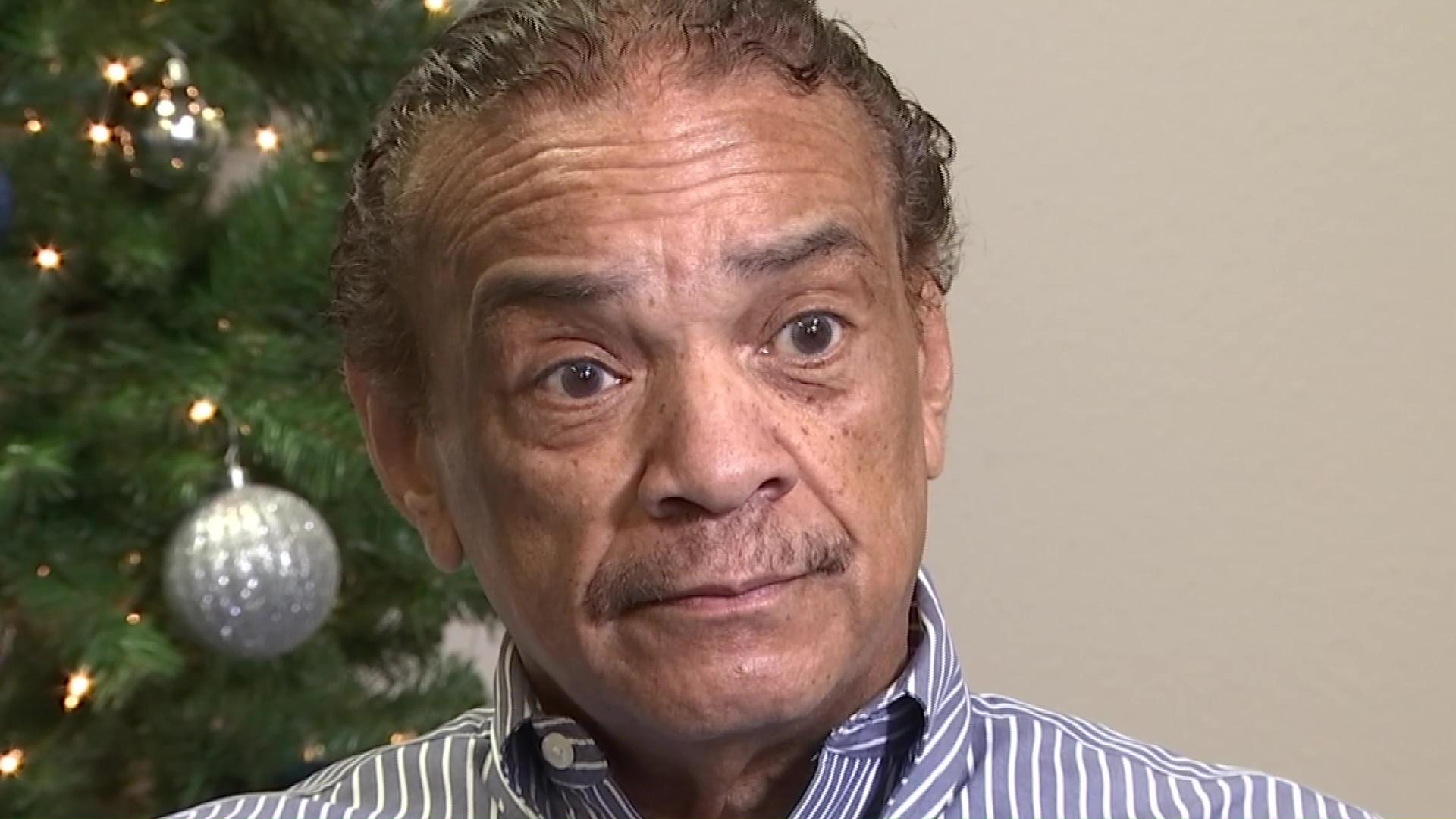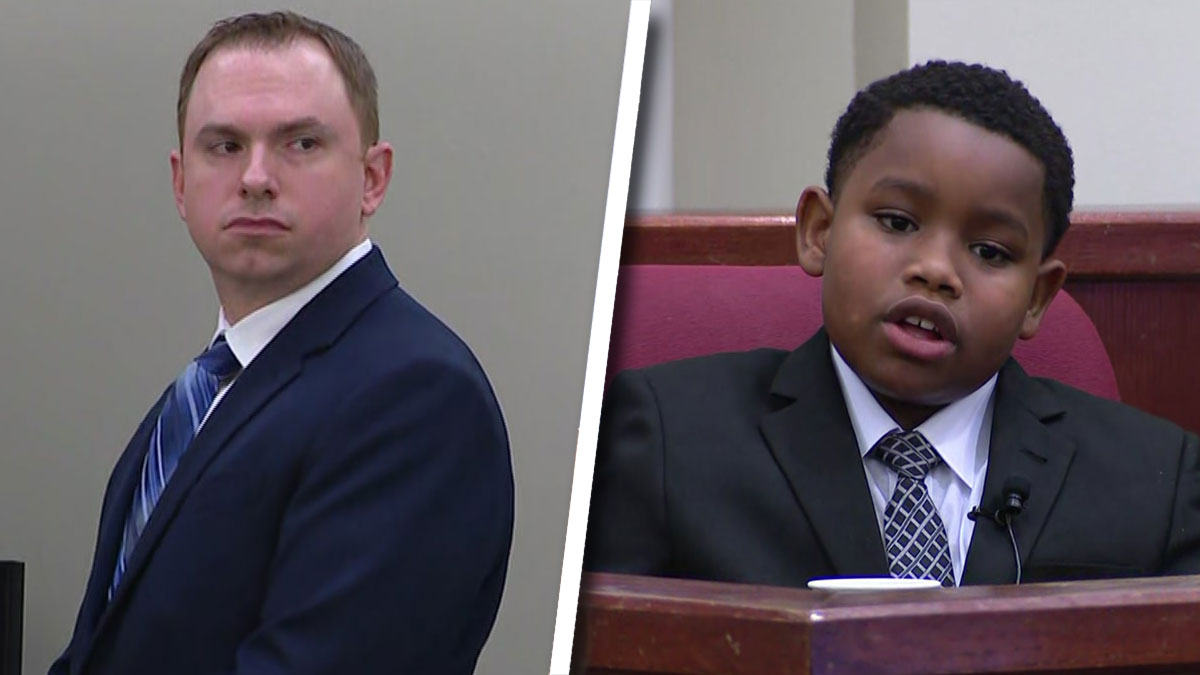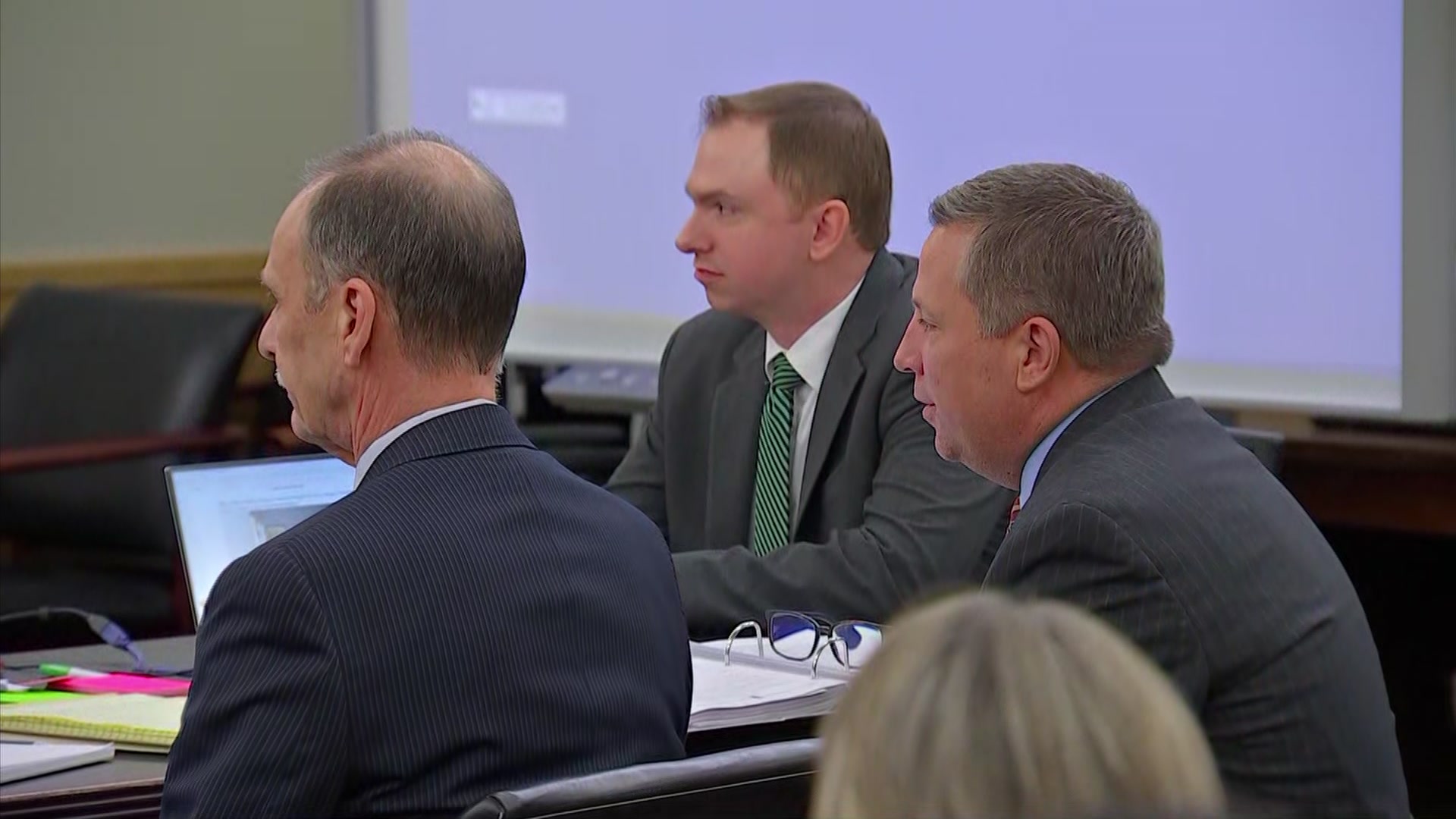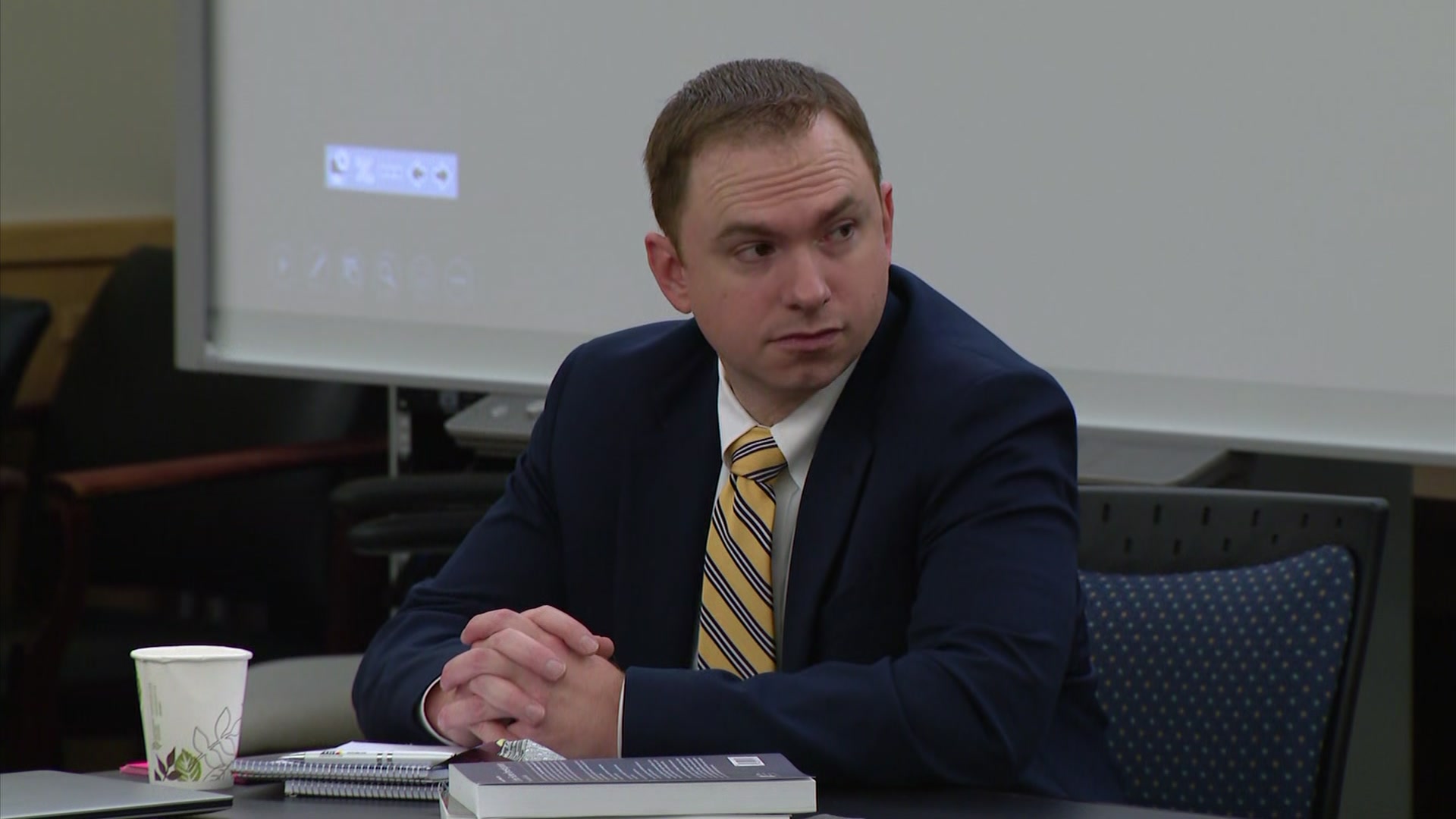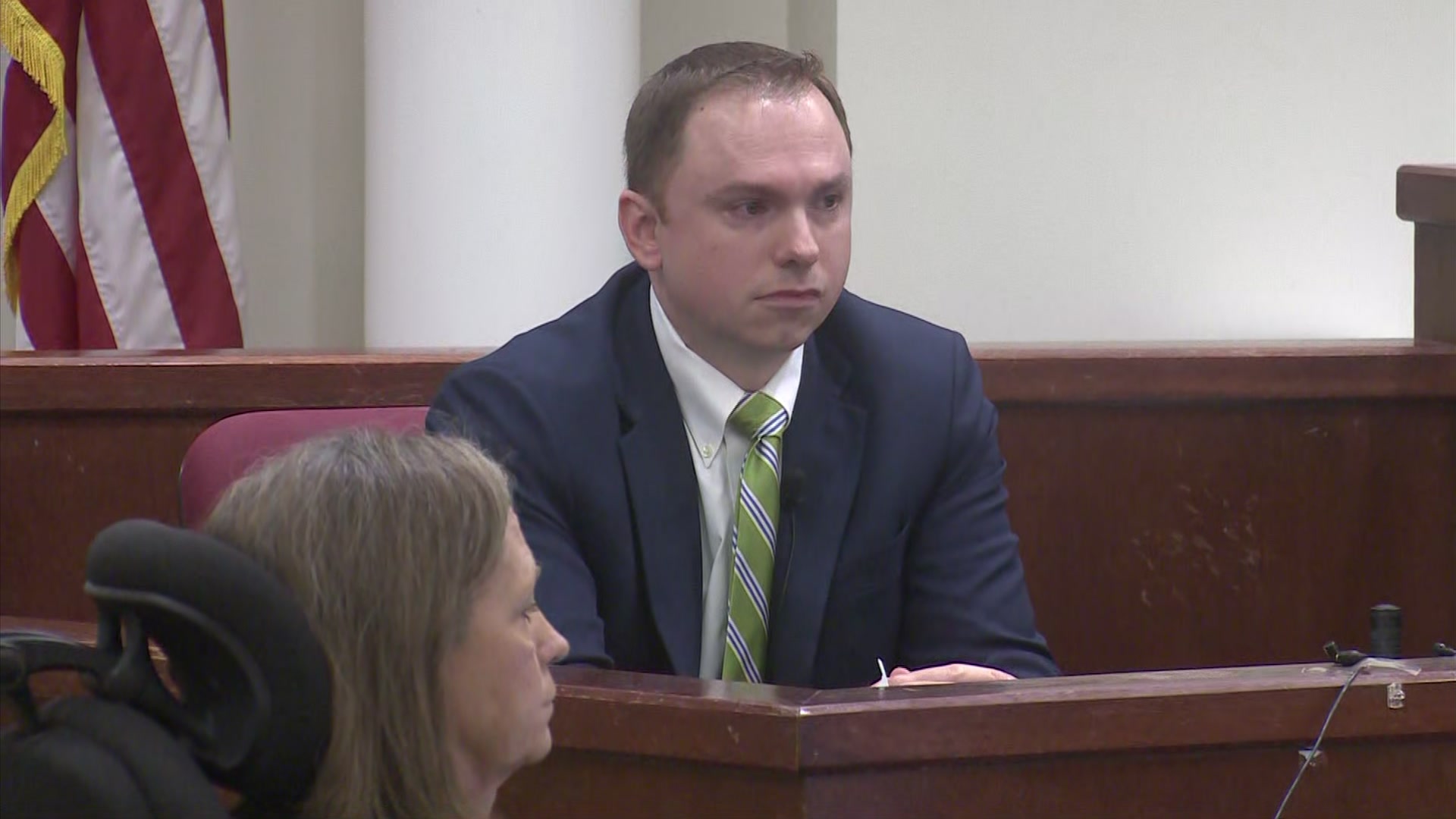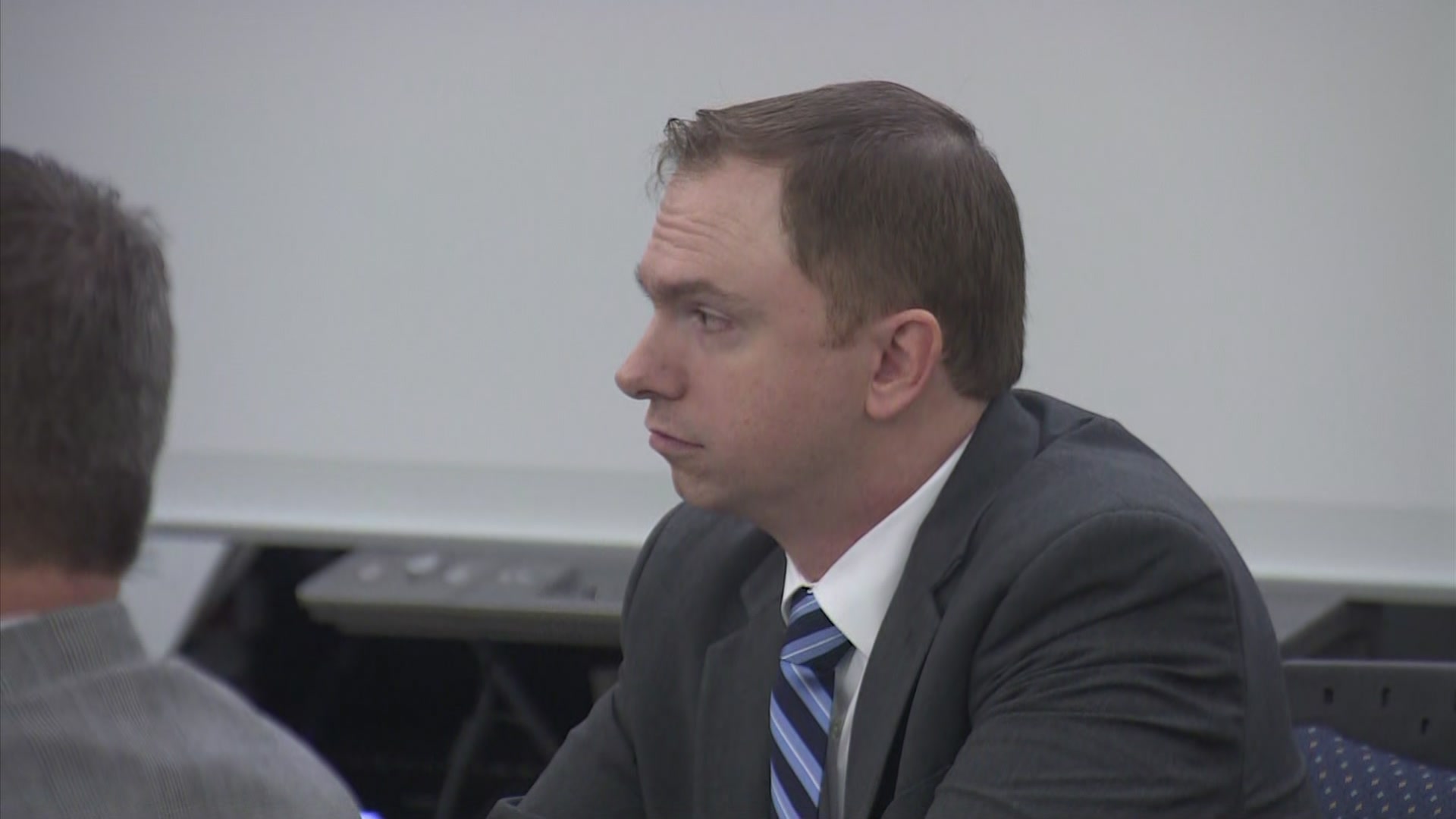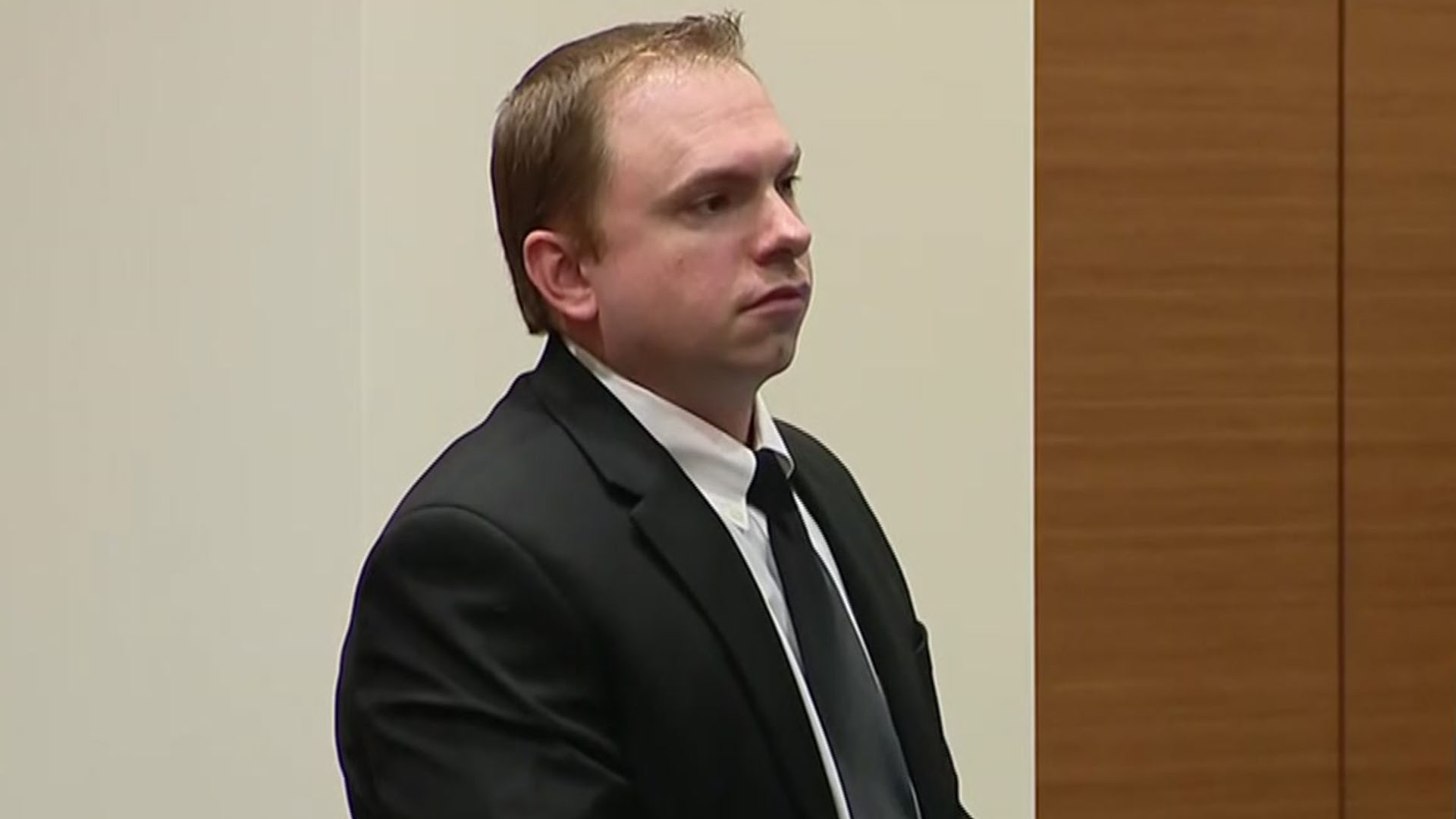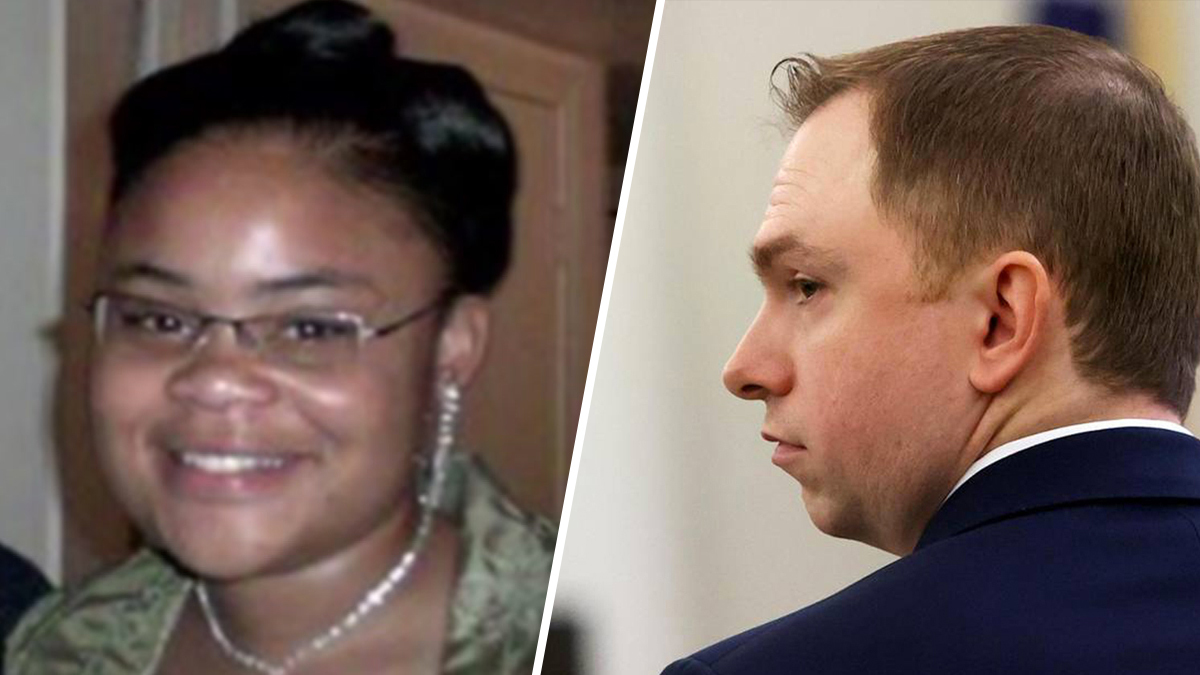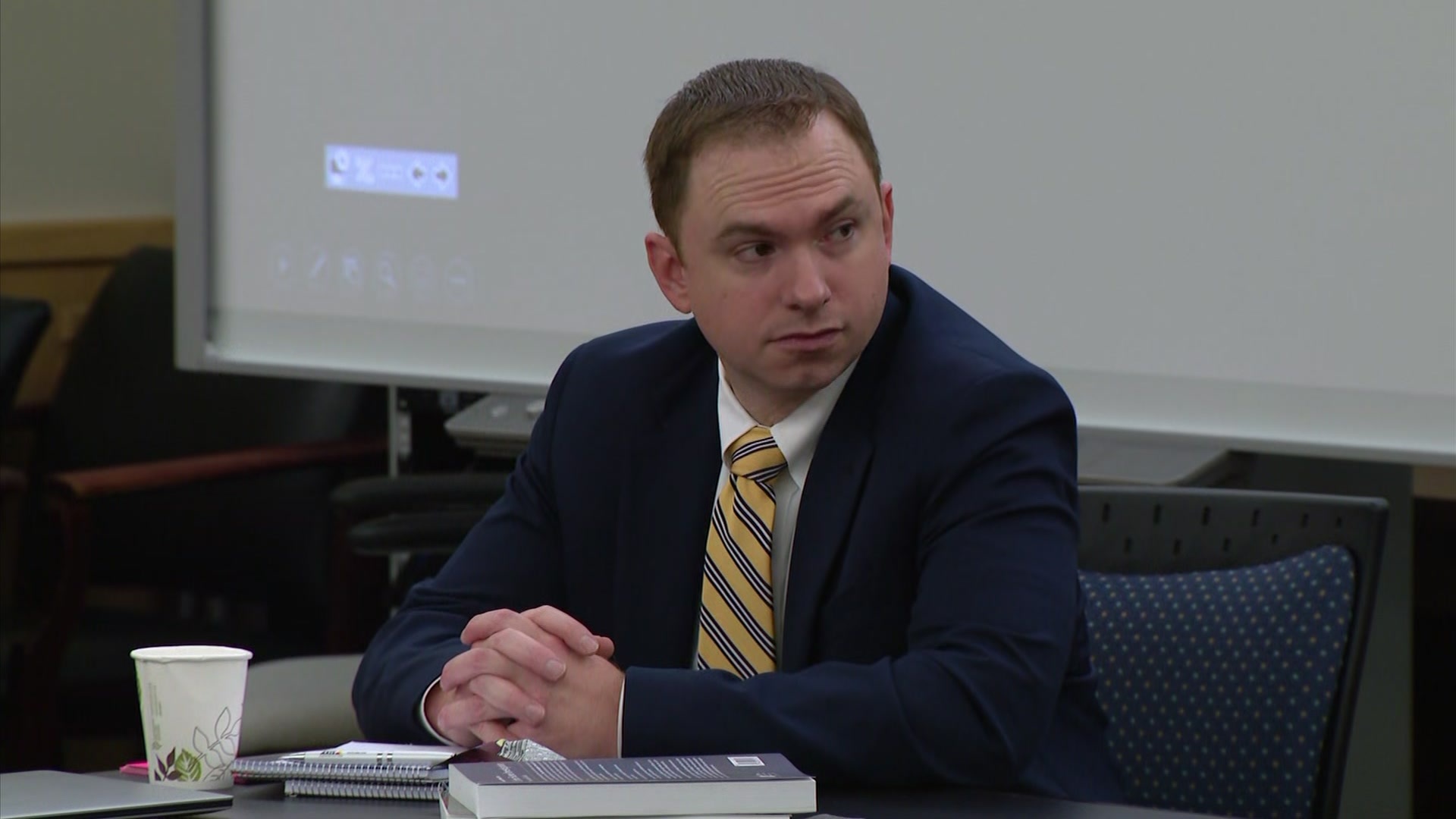What to Know
- Aaron Dean was found guilty of manslaughter on Thursday. Prosecutors sought a murder conviction but the jury was allowed to consider the lesser charge.
- The punishment phase of the trial began Friday morning and the jury will deliberate on Dean's sentence Monday; Dean faces between probation and up to 20 years behind bars.
- Dean pleaded not guilty in the case and his attorneys have argued the former Fort Worth police officer was defending himself.
After being found guilty of manslaughter Thursday in the 2019 shooting death of Atatiana Jefferson, former Fort Worth police officer Aaron Dean won't learn his punishment until next week.
The punishment phase of the trial began Friday morning and ended shortly before 4 p.m. before jurors were able to deliberate his sentence. Deliberations are now expected to begin Monday morning. Dean's defense attorneys are asking for probation though the jury, the same one who found him guilty of manslaughter on Thursday, could sentence him to up to 20 years behind bars.
Prosecutors began Friday by calling psychologist Kyle Clayton to the stand who testified that Dean failed his first psychological exam when he applied to the police department.
Get top local stories in DFW delivered to you every morning. Sign up for NBC DFW's News Headlines newsletter.
"My conclusion was that he was not psychologically suitable to serve as a police officer," Clayton testified. "The results suggested he had a narcissistic personality style that would inhibit his judgment, decision making."
Dean was eventually hired, but only after he appealed the results of the initial exam.
Defense attorneys called Dean's mother Donna, sister Alyssa and church friends to testify about his character. They all said Dean would follow every rule if the jury sentenced him to probation, which is what his attorneys are asking for in lieu of a prison sentence.
"He told us he wanted to do it to make a difference in people's lives and help people," Donna said when asked why Dean wanted to become a police officer.
Prosecutors called on Elizabeth Turner to testify. She said Dean touched her breast years ago when they were students at the University of Texas at Arlington and that he asked her not to report it after she said it made her uncomfortable.
"He took his finger and touched my right breast and traced the outline of the breast with his hand, so touching my body over my hoodie I was wearing," Turner said. "I was deeply upset. I was taken aback. I told him immediately he was making me uncomfortable."
Dean was cited for simple assault in the case and received a citation after pleading no contest.
Jefferson's older brother, Adarius Carr, described his sister as his best friend, said her interest in medicine came from being diagnosed with diabetes and said he was always envious of how smart she was.
Carr said his sister had moved into their mother's home to take care of her nephew Zion after both their mother and sister had been hospitalized for unrelated illnesses.
"I got a call from my big sister Ashley. I knew mom was in the hospital, Amber was in the hospital, so I figured it was a call about one of them. She answered the phone and just told me up front, 'I don't know how to tell you this but Tay is gone.'"
Carr, who is in the Navy and was expecting a child at the time, took emergency leave and booked a trip home to Texas to be with his family. He told the jury the last time he saw his sister was when his family came to visit him in San Diego and they spent a week together touring the Navy base and enjoying Southern California.
"That was the last time I saw my sister," Carr said.
The jury was asked to leave the courtroom at about 2:50 p.m. when a defense witness, Manuel Mata, refused to take the oath to testify. Mata, who was out on bond, was arrested and led from the courtroom when Judge George Gallagher determined his bond was insufficient.
Shortly before 4 p.m. Friday, Gallagher told the jury, the same one that delivered the manslaughter verdict on Thursday, that deliberations on Dean's punishment would begin on Monday.
Dean, who had been charged with murder, faces between 2 and 20 years in prison for the conviction on the lesser charge of manslaughter. Had the jury found him guilty of murder, he'd have faced up to life in prison. Dean's attorneys are asking for probation.
Dean was responding to a non-emergency open structure call at a home along East Allen Avenue on Oct. 12, 2019, when he fired a single shot through a back window after he testified that he saw a silhouette and the barrel of a gun. Dean's attorneys have argued the former police officer was defending himself but prosecutors told a different story. Jefferson was inside the home she shared with her mother playing video games with her 8-year-old nephew Zion when she got up to investigate a noise she'd heard outside. Jefferson took her gun from her purse and walked toward a window and that's when the officer fatally shot her.

